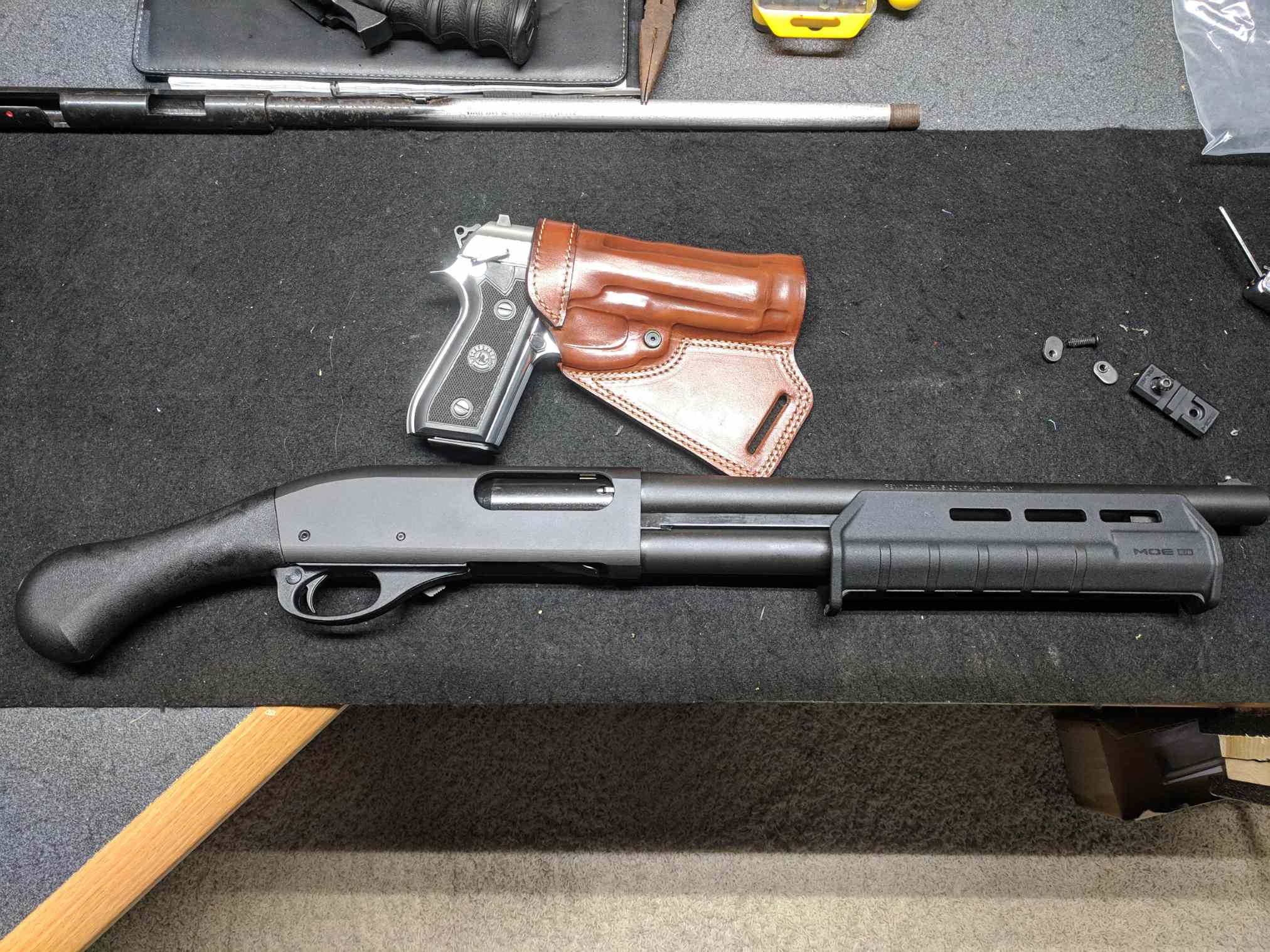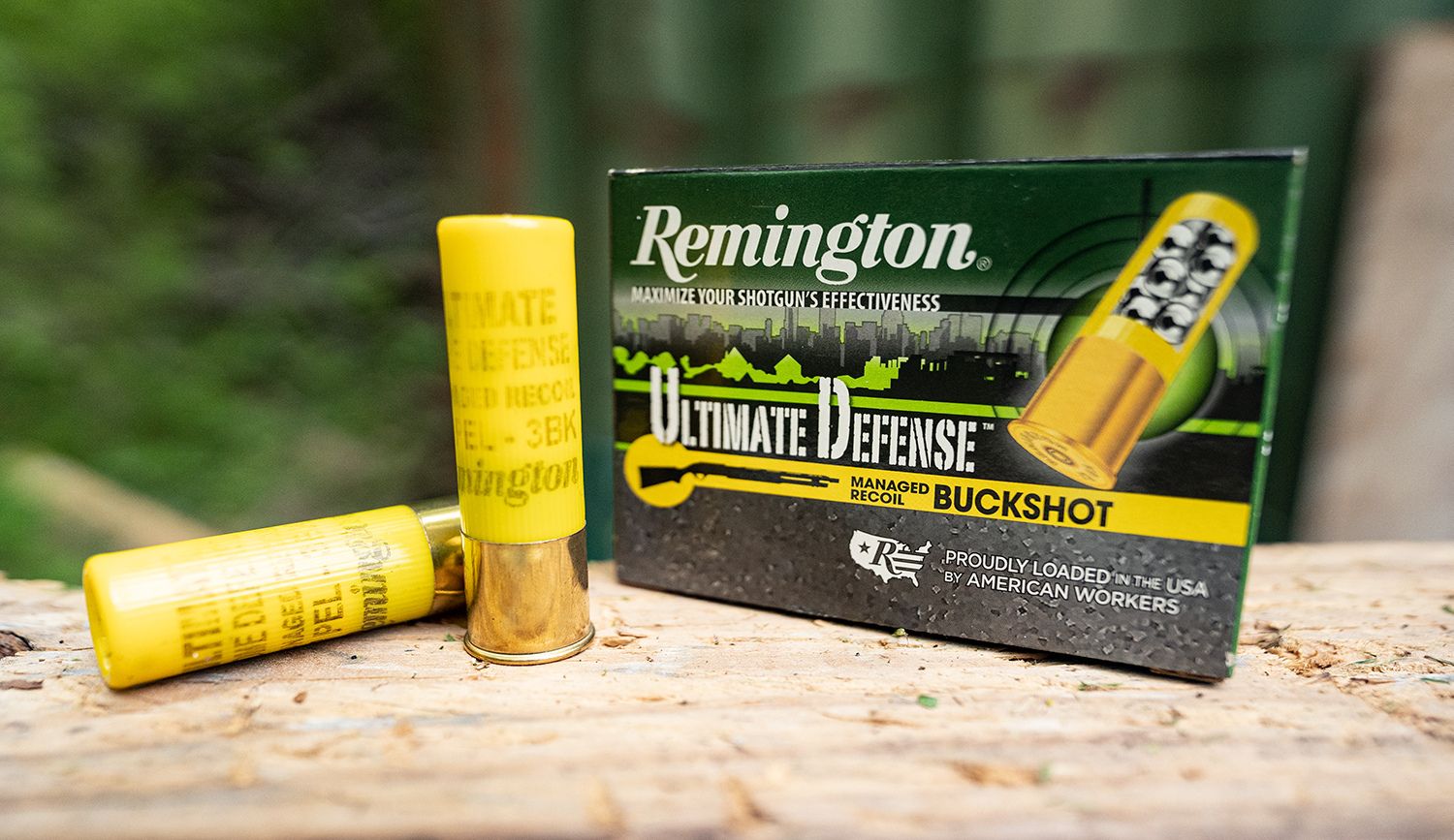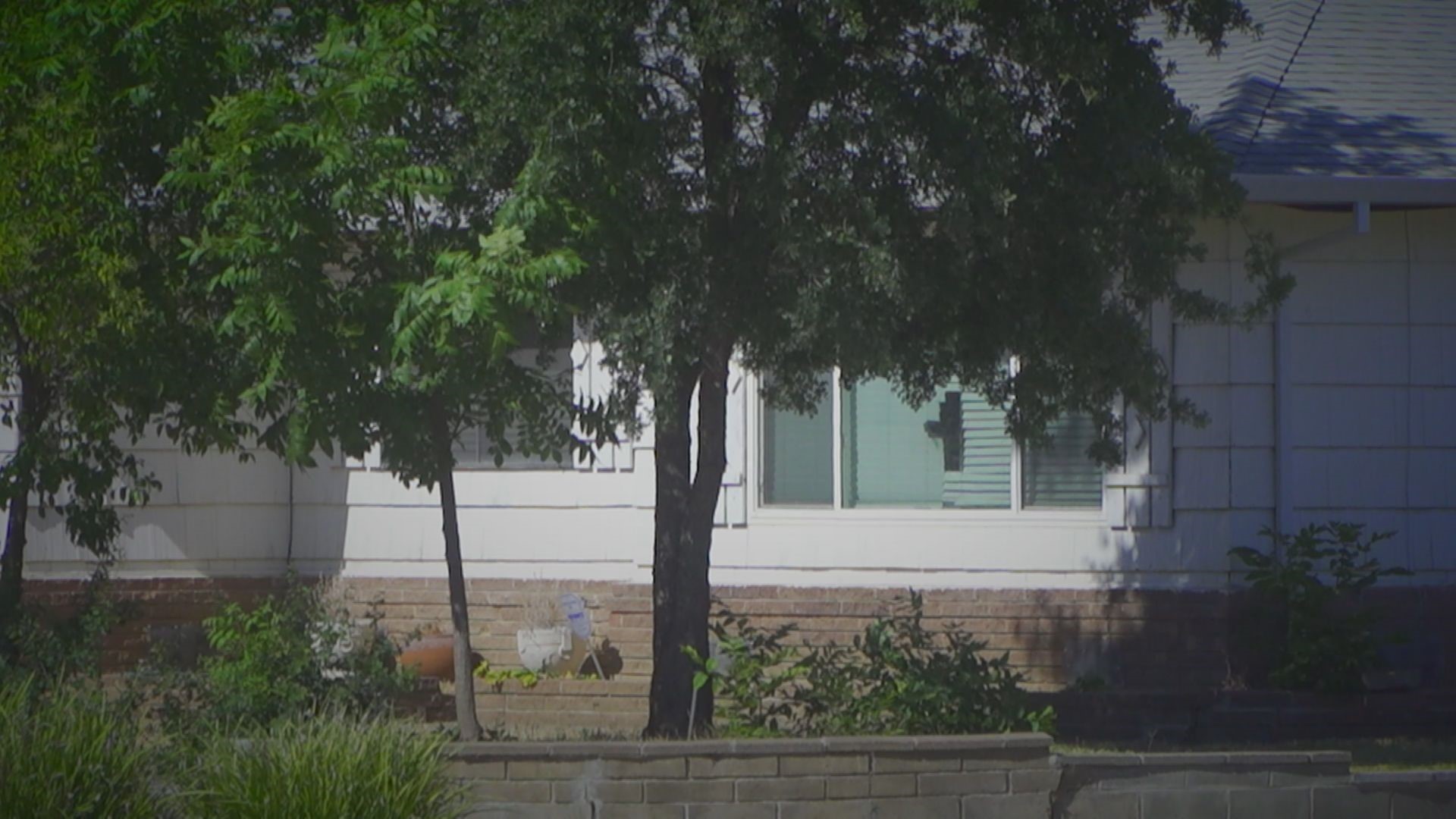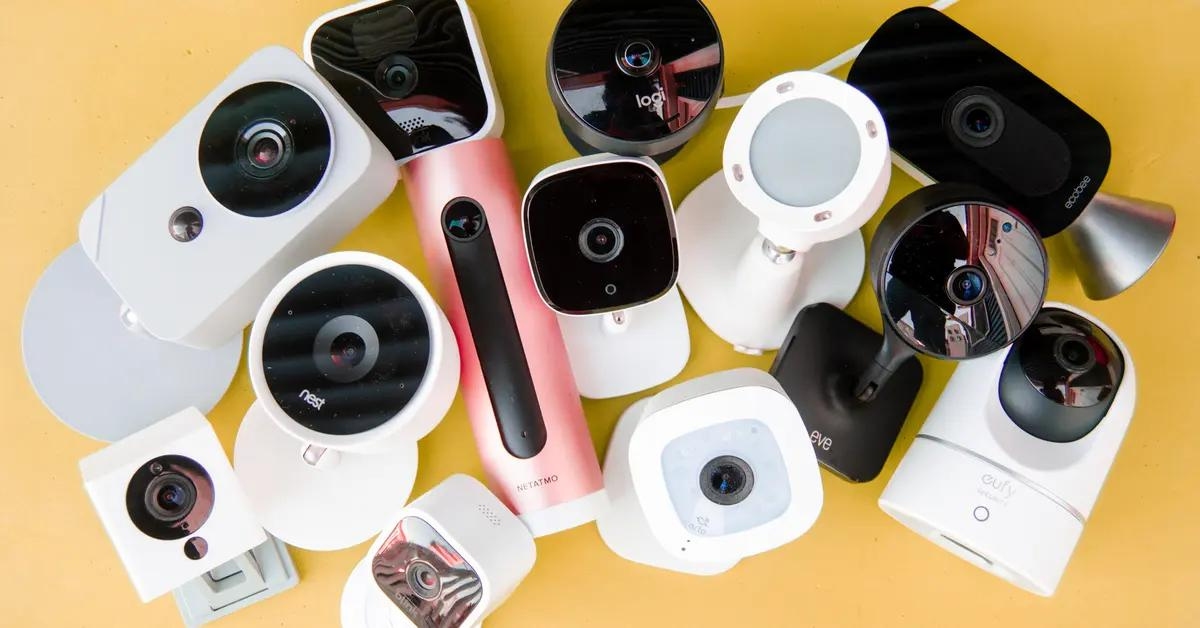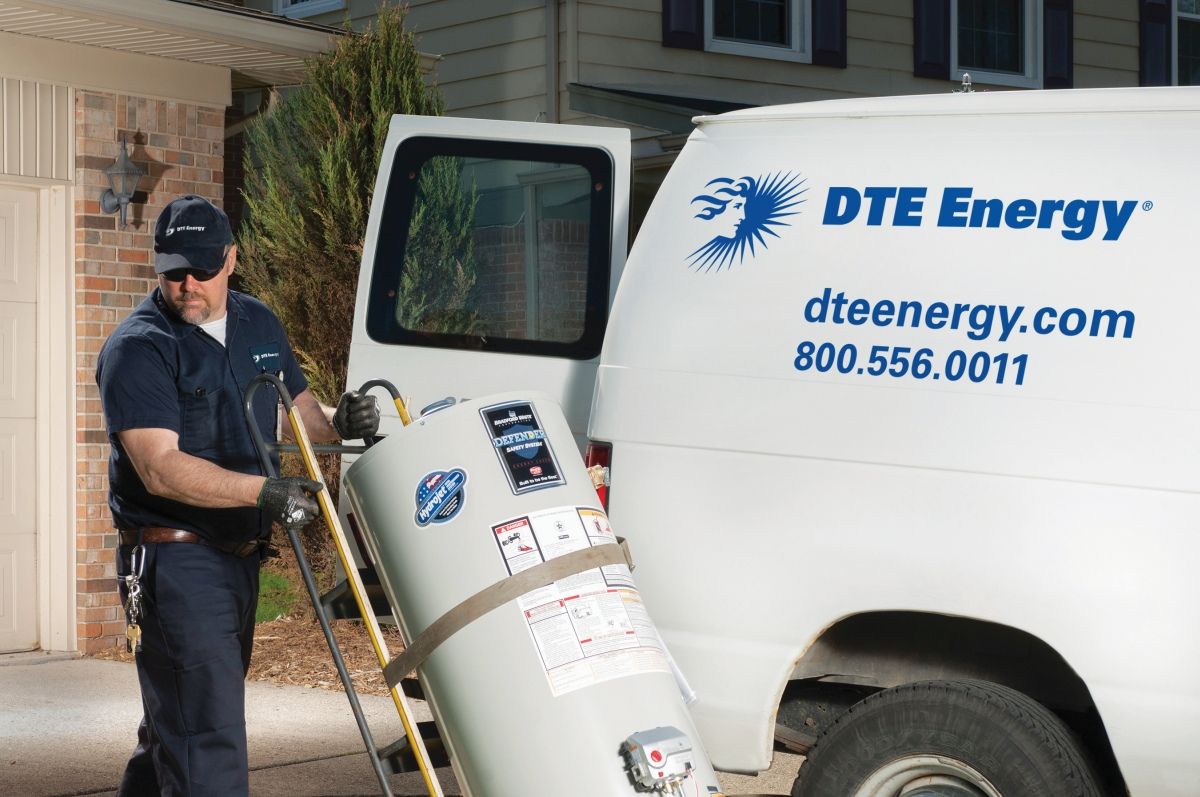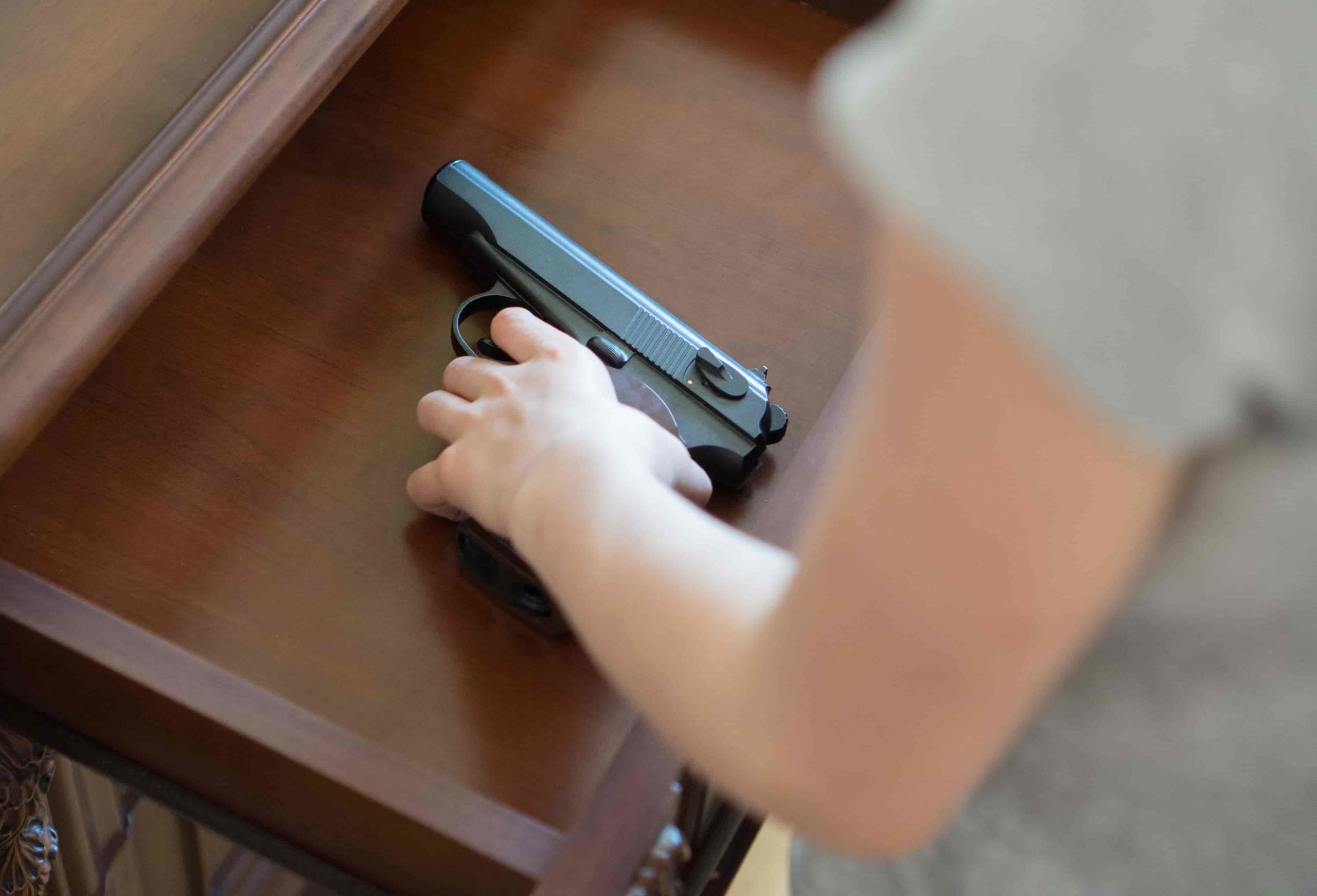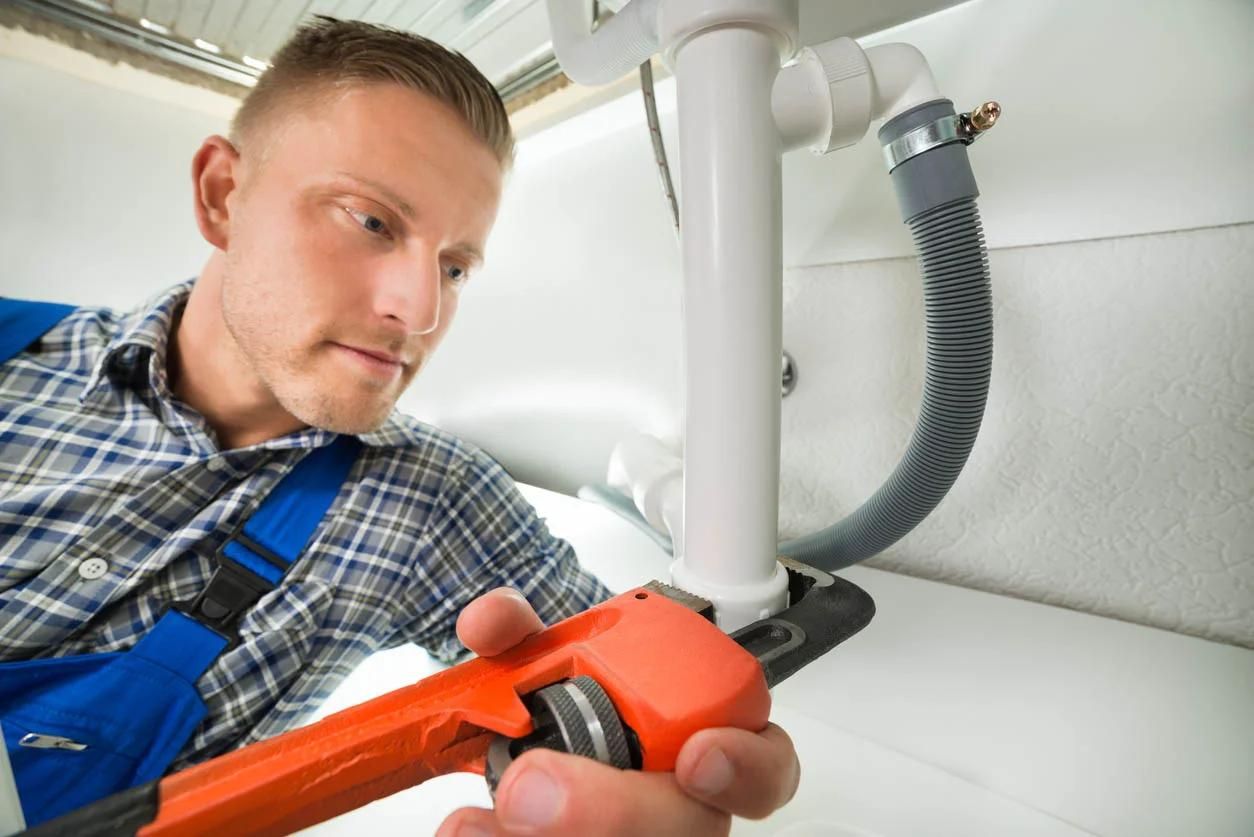Home>Home Security and Surveillance>What Home Protection Can A Convicted Felon Own
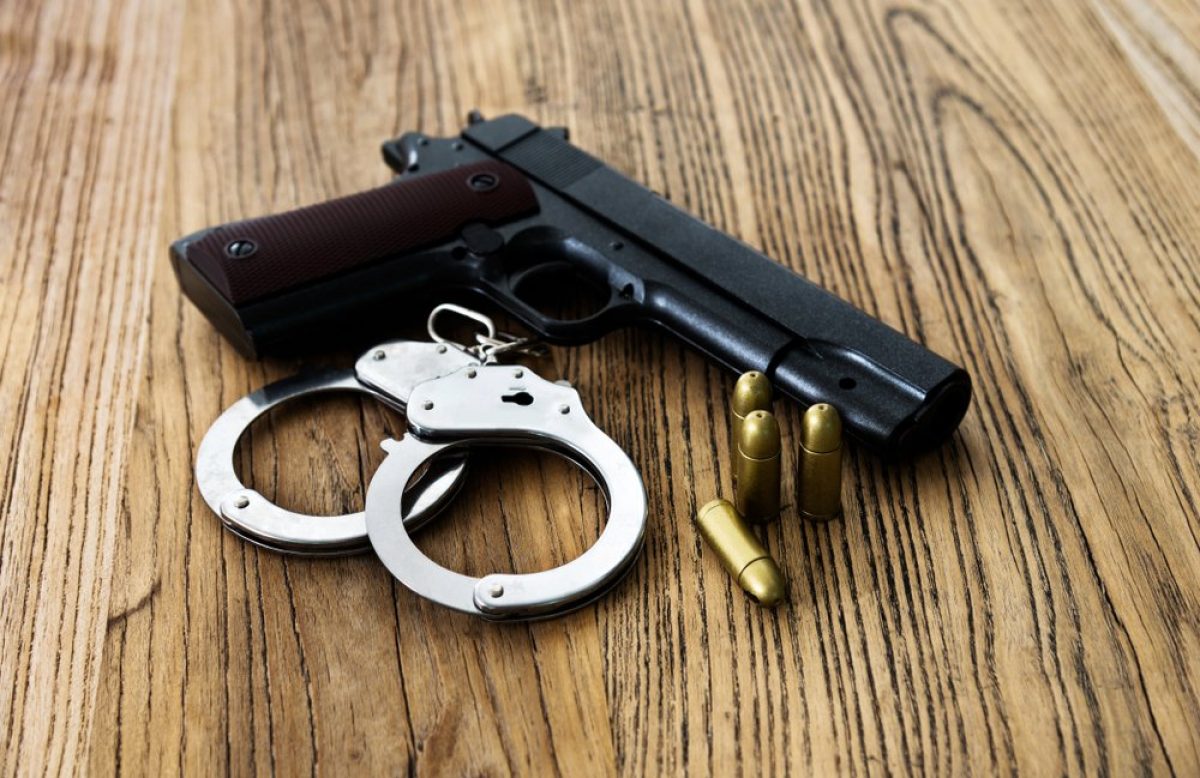

Home Security and Surveillance
What Home Protection Can A Convicted Felon Own
Modified: March 6, 2024
Find out what type of home protection systems and surveillance equipment convicted felons are allowed to own. Ensure your home's security and peace of mind.
(Many of the links in this article redirect to a specific reviewed product. Your purchase of these products through affiliate links helps to generate commission for Storables.com, at no extra cost. Learn more)
Introduction
Welcome to the world of home security and surveillance! Whether you are a homeowner looking to protect your family and property or a concerned individual seeking to feel safe in your own space, understanding the intricacies of home protection is crucial. However, if you have a criminal record, particularly a felony conviction, you may be wondering what options are available to you.
It is important to note that home protection laws for convicted felons can vary depending on the jurisdiction. State laws and federal regulations play a significant role in determining what types of home protection devices a convicted felon can own or possess. In this article, we will explore the various aspects of home protection for convicted felons, including the types of devices available, restrictions on certain items, and alternative options to ensure the safety of yourself and your loved ones.
Let’s delve into the world of home security and surveillance to help you navigate the complexities and find the best solutions for your situation.
Key Takeaways:
- Convicted felons face restrictions on owning firearms and certain home protection devices. Exploring non-lethal self-defense methods, enhancing home security, and seeking legal advice are crucial for ensuring safety.
- Understanding state and federal laws, seeking rehabilitation opportunities, and consulting with legal professionals are essential for convicted felons to navigate home protection restrictions and prioritize the safety of their homes.
Understanding Home Protection Laws for Convicted Felons
When it comes to home protection for convicted felons, it is essential to have a clear understanding of the laws and regulations that govern their ownership and possession of certain devices. These laws can vary depending on the state you reside in, as well as any federal restrictions that may be in place.
State laws and regulations often dictate what types of home protection devices a convicted felon can legally own. Some states have strict guidelines that prohibit felons from owning certain items, while others may have more lenient regulations. It is crucial to research the specific laws in your state to ensure compliance and avoid any legal troubles.
Federal laws and restrictions also play a role in shaping home protection rights for convicted felons. The Federal Gun Control Act of 1968 prohibits felons from owning firearms and ammunition. This law applies to both state and federal convictions and is not subject to expungement or restoration of rights. Additionally, certain federal restrictions may be placed on other types of weapons and devices, including explosive or highly regulated items.
As a convicted felon, it is imperative to understand and abide by these laws to ensure compliance with the legal system. Violating these laws can result in severe consequences, including further legal charges and potential imprisonment.
Next, let’s explore the different types of home protection devices available and their restrictions for convicted felons.
Types of Home Protection Devices
When it comes to securing your home and ensuring the safety of your loved ones, there are various types of home protection devices available. Let’s take a look at some of the most common options:
Surveillance Systems
Surveillance systems consist of cameras and recording devices strategically placed around your property to monitor and capture any suspicious activity. These systems range from basic setups to more advanced options with features like motion detection and smartphone integration, allowing you to keep an eye on your home even when you’re away.
Alarm Systems
Alarm systems are designed to detect unauthorized entry or potential threats to your home. When triggered, these systems emit loud sirens or send alerts to a monitoring service, notifying you and the authorities of a possible break-in. Alarm systems act as a deterrent and provide a sense of security for homeowners.
Security Cameras
Security cameras are standalone devices or can be part of a surveillance system. They are often positioned at key entry points or areas of vulnerability to capture video footage that can be used for identification, evidence, or deterrence. With advancements in technology, security cameras now offer features like high-resolution video, night vision, and remote access via smartphone applications.
Door and Window Locks
Upgrading your door and window locks is a simple yet effective way to enhance home security. Installing sturdy deadbolt locks, window bars, or security film can make it more challenging for intruders to gain access to your home. Make sure to choose locks that meet industry standards and consider consulting a professional locksmith for expert advice.
Self-Defense Weapons
While firearms may be restricted for felons, there are still non-lethal self-defense weapons available. These include options like stun guns, batons, and personal tasers. It is critical to research and understand the legality of owning these weapons in your specific location, as laws can vary.
Home Safes
Home safes offer a secure storage solution for valuable items, important documents, and firearms if permitted by law. These safes provide protection from theft, fire, and water damage, depending on the model. Choose a safe that meets your specific needs and offers appropriate security features.
These are just a few examples of the types of home protection devices available to enhance the security of your home. However, it is essential to note that specific restrictions may apply to convicted felons regarding the ownership and possession of certain devices. Let’s explore these restrictions in the next section.
Read more: What Is Home Protection Scheme
Restrictions on Home Protection Devices for Convicted Felons
While home protection devices offer a sense of security, it is important to understand that certain restrictions may apply to convicted felons regarding the ownership and possession of specific items. Let’s take a closer look at some of these restrictions:
Firearms and Ammunition
For convicted felons, the possession of firearms and ammunition is typically prohibited under the Federal Gun Control Act of 1968. This includes both handguns and long guns. It is essential to comply with this federal law to avoid further legal consequences.
Tasers and Stun Guns
Tasers and stun guns, although non-lethal, may still be restricted for convicted felons depending on the jurisdiction. Some states may allow their ownership or possession, while others strictly prohibit felons from having these devices. It is important to familiarize yourself with the laws in your specific area to ensure compliance.
Pepper Spray and Mace
The use of pepper spray and mace for personal protection is generally legal for the general public. However, some states may have specific regulations that restrict or require permits for their possession. Prior to acquiring or carrying these substances, it is crucial to understand the laws in your state to avoid any legal complications.
Read more: What Is Total Home Protection
Other Restricted Weapons
Beyond firearms, stun guns, and pepper spray, there may be additional weapons and devices that are restricted for convicted felons. These can include items such as brass knuckles, switchblades, ballistic knives, and other weapons deemed dangerous or illegal by the relevant authorities. It is important to research and understand the laws of your jurisdiction to avoid unintentionally violating them.
Given these restrictions, it is natural to wonder about alternative options for home protection as a convicted felon. Let’s explore some viable alternatives in the next section.
Alternatives for Home Protection for Convicted Felons
While certain restrictions may apply to convicted felons regarding the ownership and possession of home protection devices, there are still viable alternatives to ensure the safety of yourself and your loved ones. Let’s explore some of these alternatives:
Non-lethal Self-Defense Methods
Instead of relying on firearms or other weapons, consider learning non-lethal self-defense techniques. Martial arts classes, self-defense courses, and personal safety training can provide you with the skills and confidence to protect yourself in threatening situations. These methods focus on using physical techniques and awareness to neutralize threats without causing significant harm.
Home Security Strategies
Enhancing your home security is crucial for the well-being of your household. Implement simple yet effective strategies such as reinforcing doors and windows, installing outdoor lighting, trimming hedges and bushes, and displaying signs or stickers indicating the presence of a security system. These measures can act as deterrents and make your home less appealing to potential intruders.
Neighborhood Watch Programs
Engaging in or establishing a neighborhood watch program can significantly improve the safety of your community. By actively participating in such programs, you can collaborate with neighbors to keep an eye out for suspicious activities, share information, and work together to prevent crime. Neighborhood watch programs offer a sense of collective security and a platform to address concerns within your local area.
Professional Security Services
Consider hiring professional security services to provide an extra layer of protection for your home. Professional security companies offer a range of services, such as alarm monitoring, patrol services, and security personnel, to ensure round-the-clock surveillance and response. Consulting with reputable security firms can help you determine the most suitable options for your specific needs.
Remember, it is crucial to research and understand the laws and regulations in your jurisdiction regarding these alternatives. Consult with legal professionals to ensure you are in compliance with the law while maximizing your home protection capabilities.
In the next section, we will dive into the legal considerations and important factors for convicted felons when it comes to home protection.
Legal Considerations and Important Factors
For convicted felons seeking home protection, there are specific legal considerations and important factors to keep in mind. Understanding these aspects can help navigate the complexities of home security while staying within the bounds of the law. Let’s explore some of these considerations:
Consultation with an Attorney
When it comes to the legal implications of owning or possessing home protection devices as a convicted felon, it is always wise to seek advice from an experienced attorney. They can provide guidance specific to your jurisdiction and help you understand the legal restrictions and obligations you may face. An attorney can also help assess your options and provide guidance on the best course of action.
Read more: What Is The Best Handgun For Home Protection
Rehabilitation and Expungement
Depending on your conviction and the laws in your state, you may have the opportunity to pursue rehabilitation programs or have your conviction expunged from your record. Engaging in rehabilitation initiatives can demonstrate your commitment to personal growth, potentially improving your chances for future rights restoration. Similarly, expungement can remove your conviction from public records, which can positively impact your ability to possess certain items and secure employment opportunities.
State Pardon and Restoration of Rights
Some states provide avenues for individuals with felony convictions to seek a pardon or the restoration of certain rights. This can include the reinstatement of firearms rights or the ability to possess certain home protection devices. Pardons and restoration of rights are usually granted on a case-by-case basis and involve a thorough review of your conduct and rehabilitation efforts. Consulting with an attorney can help you understand the eligibility criteria and the process for seeking a pardon or rights restoration.
It is important to note that laws and policies regarding rehabilitation, expungement, and restoration of rights vary by jurisdiction. Researching and understanding the specific laws in your state is crucial to determine what options may be available to you.
Now, let’s conclude our exploration of home protection for convicted felons.
Conclusion
Home protection is a fundamental aspect of creating a safe and secure environment for you and your loved ones. For convicted felons, navigating the laws and restrictions surrounding home protection can be challenging. However, there are still options available to ensure your safety and peace of mind.
Understanding the state laws and federal regulations that govern home protection for convicted felons is crucial. Researching and complying with these laws can help you avoid legal complications and further charges. Consulting with an attorney who specializes in criminal law can provide valuable guidance and ensure you stay within the boundaries of the law.
While certain restrictions may be in place regarding the ownership and possession of firearms, there are alternative home protection methods available. Non-lethal self-defense techniques, enhancing home security strategies, participating in neighborhood watch programs, and considering professional security services can all contribute to your overall home protection strategy.
It is important to consider legal avenues for rehabilitation and expungement. Engaging in rehabilitation programs can demonstrate your commitment to personal growth, while expungement can remove your felony conviction from public records. Additionally, exploring pardon and rights restoration options provided by your state can potentially restore your rights, including the ability to possess certain home protection devices.
Ultimately, the safety and security of your home should be a top priority. By understanding the laws, considering alternative methods, and seeking legal advice, you can take proactive steps to protect yourself and your loved ones, even as a convicted felon.
Remember, it is crucial to research and adhere to the specific laws and regulations in your jurisdiction. Laws can vary, so staying informed and seeking professional guidance will help ensure that your home protection efforts are within the bounds of the law.
Stay safe, be proactive, and prioritize the well-being of yourself and your loved ones in your pursuit of a secure home environment.
Frequently Asked Questions about What Home Protection Can A Convicted Felon Own
Was this page helpful?
At Storables.com, we guarantee accurate and reliable information. Our content, validated by Expert Board Contributors, is crafted following stringent Editorial Policies. We're committed to providing you with well-researched, expert-backed insights for all your informational needs.


